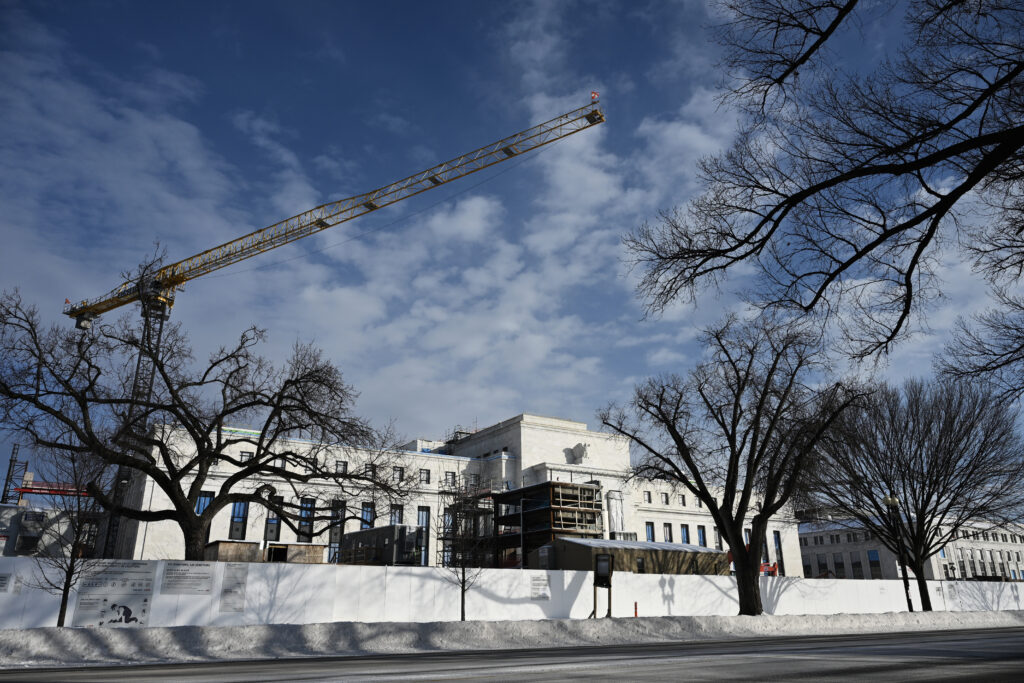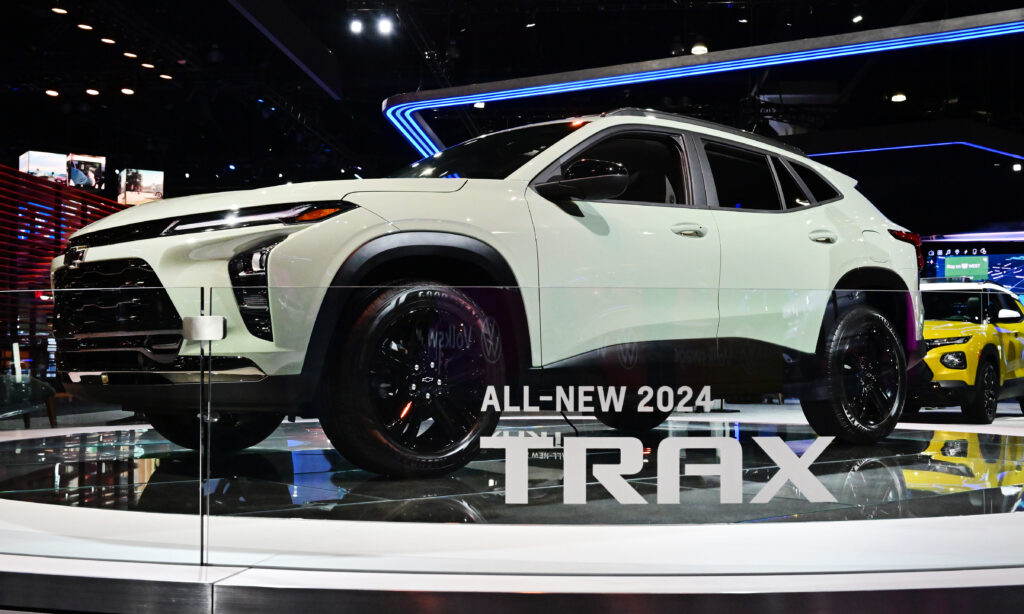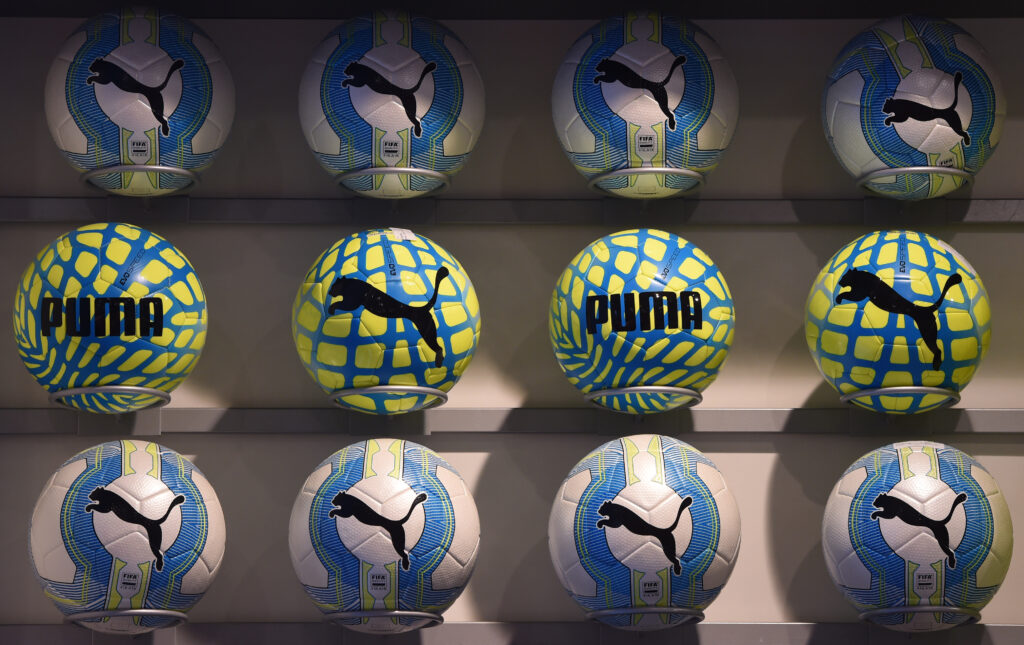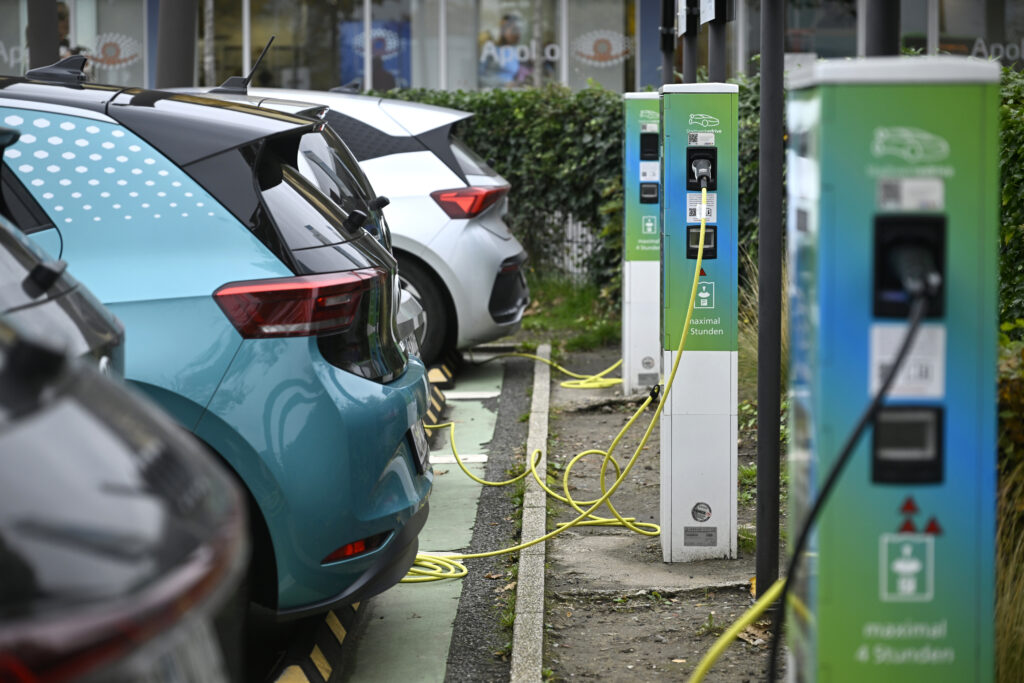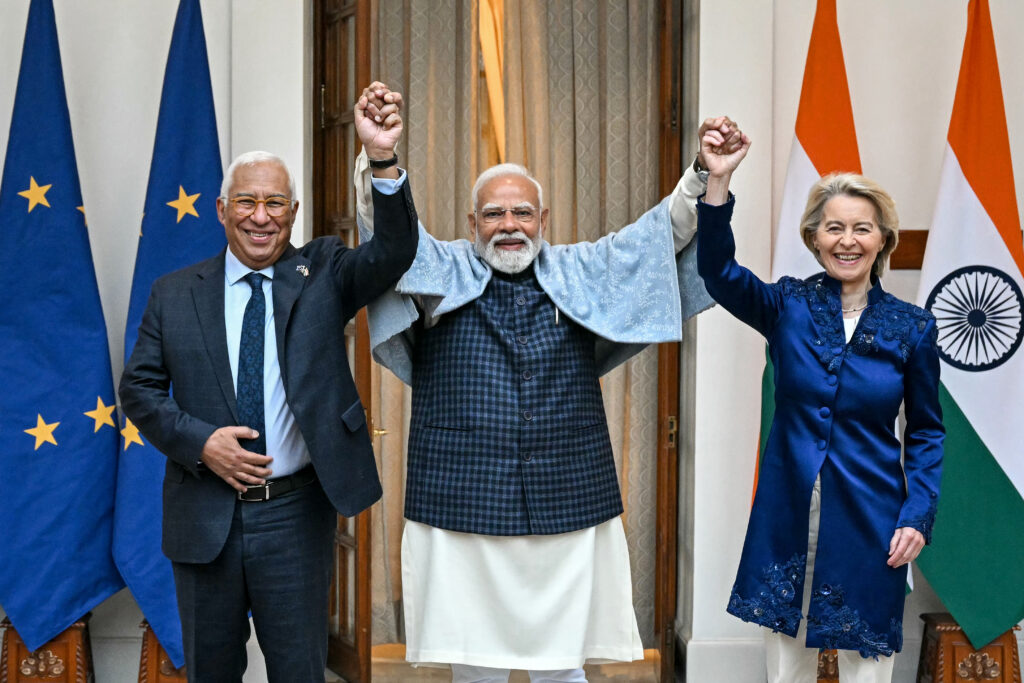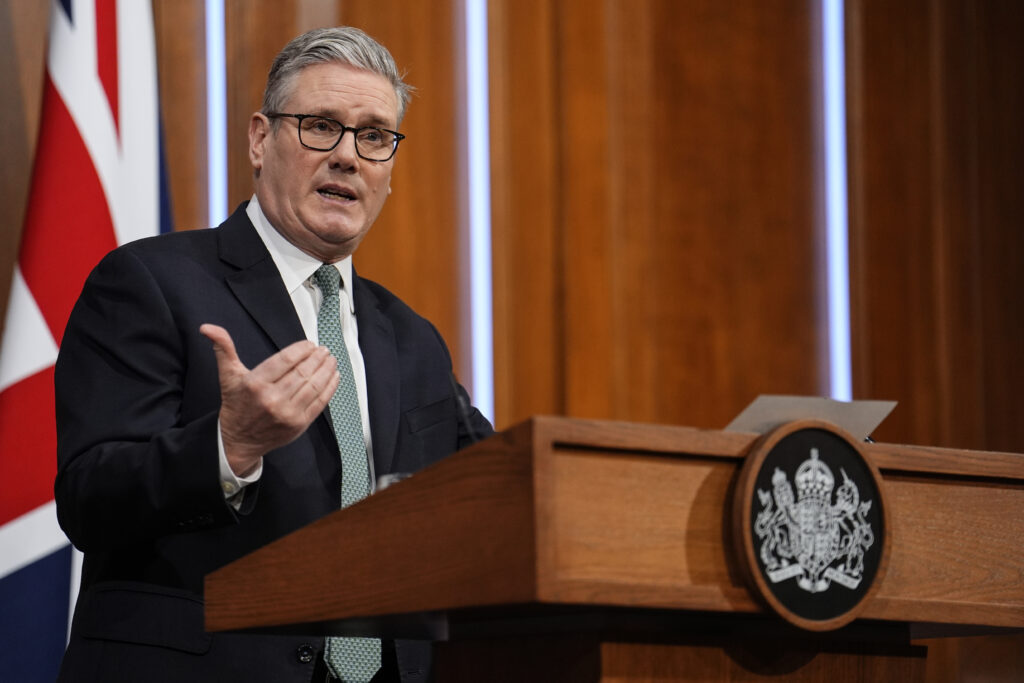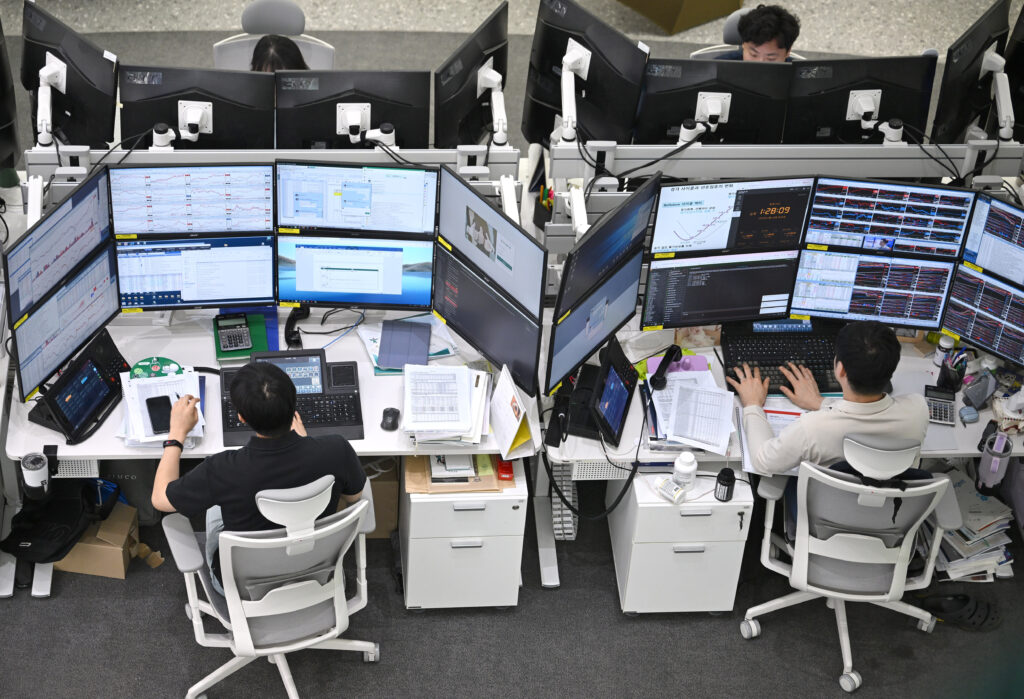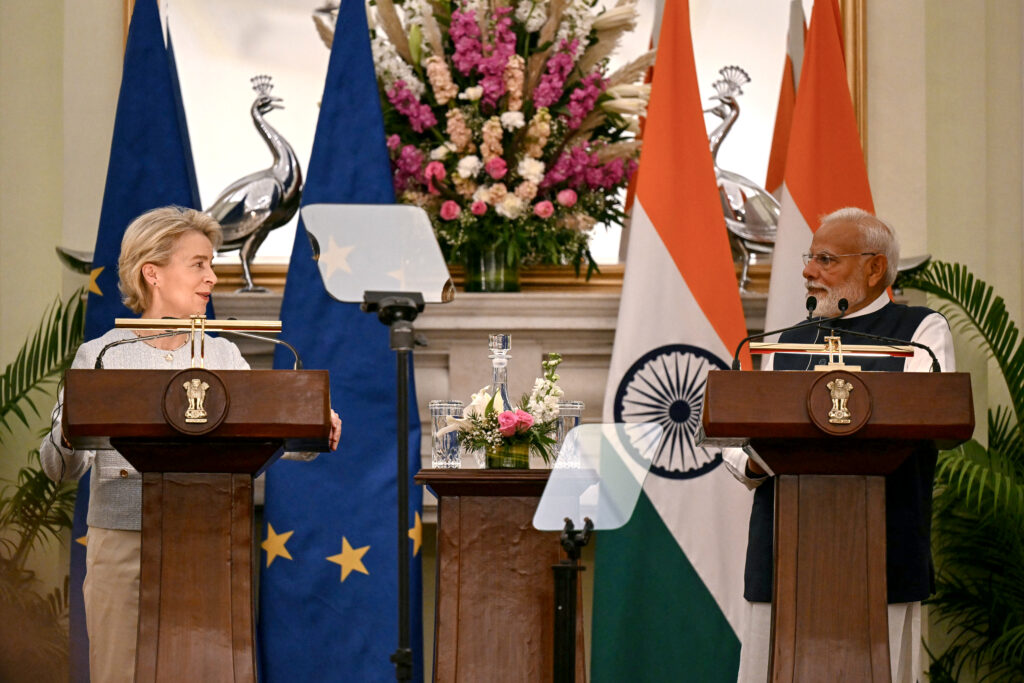Global stocks mixed as dollar slumps against euro
Global stocks were mixed Tuesday ahead of a Federal Reserve interest rate decision and earnings from US tech giants while the dollar hit a four and a half year low against the euro.Major US indices moved in opposite directions, with gains by Apple, Amazon and other tech giants helping to lift the S&P 500 to a record, while the Dow retreated.Consumer confidence in the United States plunged to its lowest level since 2014, survey data showed, as American households continue to fret about inflation and elevated costs of living.But markets continued to express near certainty that the Fed on Wednesday will keep interest rates unchanged as officials gauge the health of the job market after three straight interest cuts at earlier meetings.”The outcome is all but a foregone conclusion,” said a JPMorgan research note.”Fed officials across the spectrum have indicated that after three 25-basis-point ‘risk management’ rate cuts, now is a good time to pause and take stock of developments,” JPMorgan analysts added.However, traders expect the Fed to cut interest rates next in June or July.While tech shares mostly rose, US health insurance stocks plunged after an announcement of a lower than expected pay increase related to a leading US government Medicare program. UnitedHealth Group plunged by around 20 percent, the biggest loser in the Dow.European equity markets ended the day mostly higher, with Frankfurt slipping lower.But the euro piled on more than one percent against the dollar, climbing to above $1.20 for the first time since 2021.Factors in the dollar’s latest slide include talk of a joint intervention between US and Japanese authorities to support the yen and the rising chance of a US government shutdown. Lawmakers in Washington are engaged in a budget fight on whether to keep funding the White House’s immigration crackdown after a second American was killed by federal authorities in Minnesota.The already weakened dollar fell again Tuesday afternoon after Trump seemed to welcome the weakening of the US currency, saying that the greenback was “doing great.”Earlier Tuesday, Asian stocks brushed off South Korea-US tariff concerns, instead focusing on “hopes of strong earnings from the US tech heavyweights in the next couple of days”, said Richard Hunter, head of markets at Interactive investor.Shares in German sportswear brand Puma climbed strongly in Frankfurt, with Chinese athletic goods giant Anta Sports set to purchase a leading stake in the company.But although posting a rise of 9.5 percent, Puma’s share price, at 23.71 euros, was quoted far below the 35 euros per share that Anta is paying Artemis, the holding firm of France’s Pinault family, for its 29-percent stake.This, analysts said, reflects investor caution about the group’s chances of turning its fortunes around, after seeing its market capitalization plunge by about a third over the past year.- Key figures at around 2130 GMT -New York – Dow: DOWN 0.8 percent at 49,003.41 (close)New York – S&P 500: UP 0.4 percent at 6,978.60 (close)New York – Nasdaq Composite: UP 0.9 percent at 23817.10 (close)London – FTSE 100: UP 0.6 percent at 10,207.80 (close)Paris – CAC 40: UP 0.3 percent at 8,152.82 (close)Frankfurt – DAX: DOWN 0.2 percent at 24,894.44 (close)Tokyo – Nikkei 225: UP 0.9 percent at 53,333.54 (close)Hong Kong – Hang Seng Index: UP 1.4 percent at 27,126.95 (close)Shanghai – Composite: UP 0.2 percent at 4,139.90 (close)Euro/dollar: UP at $1.2035 from $1.1880Dollar/yen: DOWN at 152.32 yen from 154.18 yen on MondayPound/dollar: UP at $1.3833 from $1.3680Euro/pound: UP at 86.98 pence from 86.84 penceBrent North Sea Crude: UP 3.0 percent at $67.57 per barrelWest Texas Intermediate: UP 2.9 percent at $62.39 per barrelburs-jmb/dw
